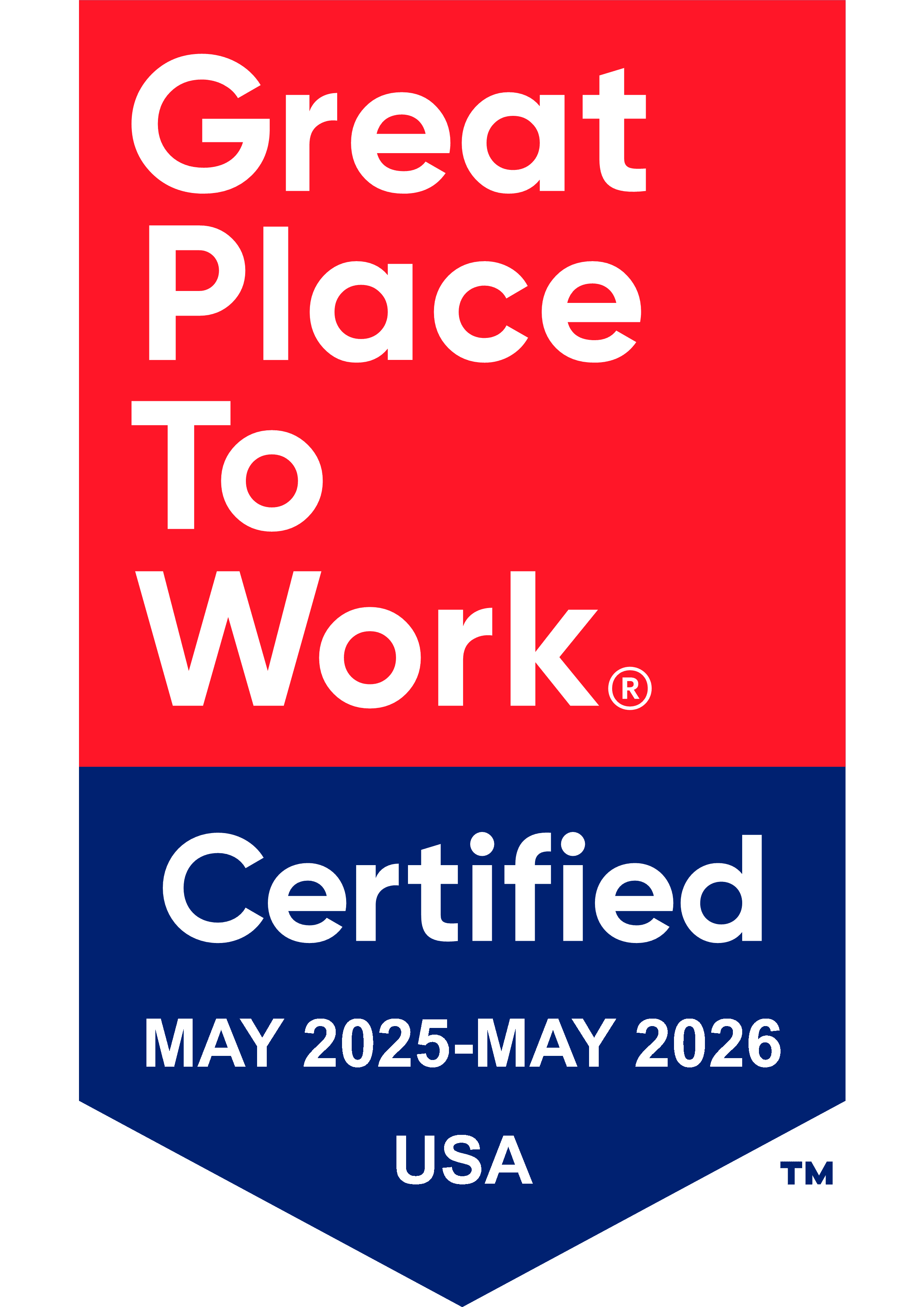The American Association of Poison Control Centers (AAPCC) and the educators at America’s 55 poison centers are celebrating National Health Education Week by promoting the safe use, storage, and disposal of over-the-counter medicines. AAPCC and Scholastic, the global children’s publishing, education, and media company, have joined together to help educate tweens on the safe use of over-the-counter (OTC) medicines with a national OTC Medicine Safety education program.
Coalitions are the perfect vehicle to deliver medicine safety messages to young people in the community. To help in that effort, CADCA and several of its coalitions assisted in revising content for the community section of the OTC Medicine Safety program’s curriculum, developed by Scholastic and the AAPCC in partnership with McNeil Consumer Healthcare. The curriculum, aimed at 5th and 6th graders, raises awareness about the safe use of OTC medicines and provides resources to better equip educators, school nurses, parents and other community leaders with knowledge about responsible OTC medicine use and storage.
“In 2014, poison centers managed over 1.3 million exposure cases involving children and teens, and over half of these cases involved pharmaceuticals. Given the research showing that children begin to self-administer medicine when they are around 11 years old, AAPCC is proud to be a collaborator on the development of the OTC Medicine Safety program because we believe that developing a healthy respect for medication safety as a tween may decrease the chance of errors and perhaps even pharmaceutical abuse later,” said Stephen T. Kaminski, JD, AAPCC CEO and executive director in a news release.
Parents play a critical role in helping their tweens learn about the responsible use of OTC medicines. With approximately 10,000 kids under age 18 visiting emergency departments every year due to errors from self-administering OTC medications, it is important for parents and guardians to discuss the safe use and storage of OTC medicines with their tweens. The OTC Medicine Safety program equips parents, teachers, and community members with the necessary materials to help facilitate these critical discussions.
Your coalition can use ideas from the Community section to reach new audiences. One example of this is The Boy Scouts of America’s new SCOUTStrong Be MedWise Award program, providing Scouts the opportunity to earn a patch for learning about responsible use of medicines. Created in collaboration with the National Council on Patient Information and Education, (NCPIE) the lessons involved in earning the patch – like learning how to read, understand and follow a medicine label – can set youth on a course of responsible medicine use they can carry forward for the rest of their lives. The curriculum is also publicly available for educators and youth initiatives.

